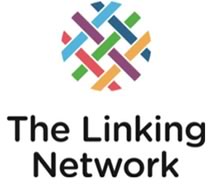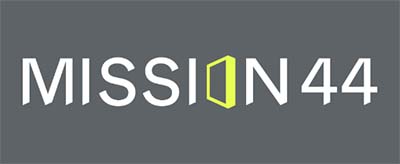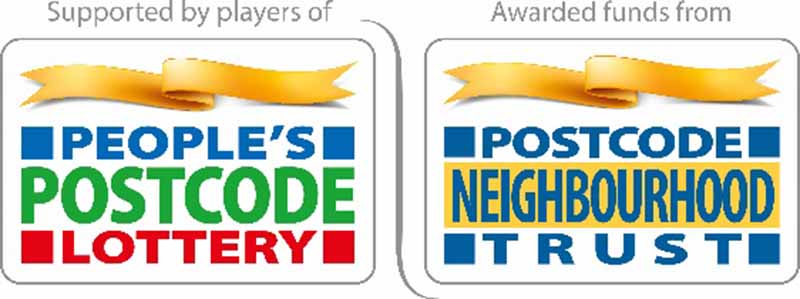Gender Equality Charter Mark – EU funded project
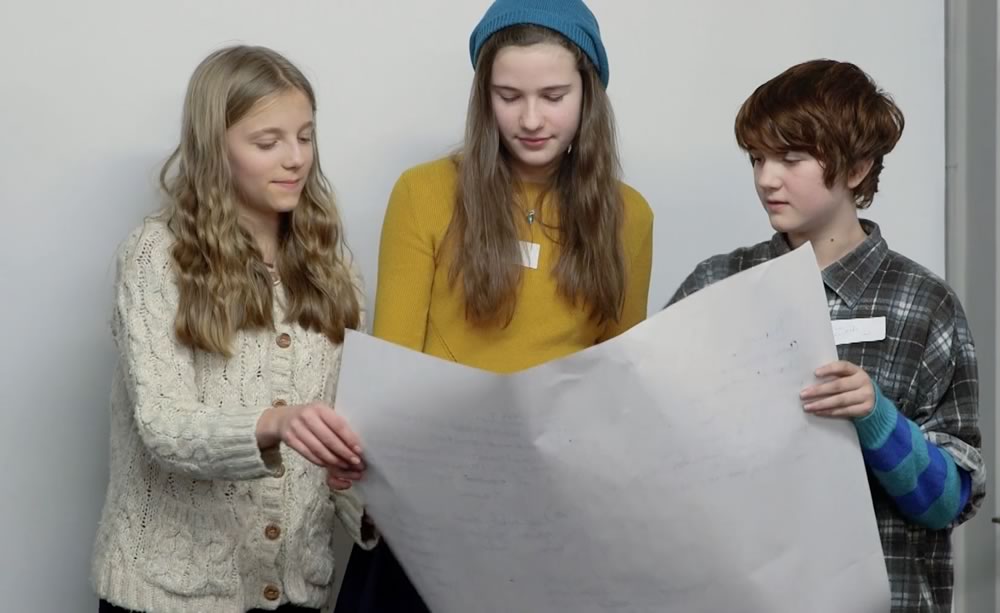
The objective of this EU funded project is to create whole-school change in schools for 13–18 year olds, that will impact on young people’s expectations of gender roles and challenge gender stereotyping through the creation of a Gender Equality Charter Mark (GECM) quality standard and accreditation tool. Creating a Charter Mark was a key ‘next step’ idea from the teachers involved in DECSY’s Gender Respect Project. This tool, which has been developed by teachers and gender equality experts and trialled in schools in UK, Italy and Hungary, will enable a school to measure progress in tackling the effects that gender stereotyping still has on pupils in relation to both subject (and career) choices and as a root of sexual harassment and gender-based violence in schools and wider society. An off-line version of this tool is available. Please read the instructions below.
Instructions for using the audit tool:
Download the GECM Audit tool (GECM-Offline-version-July-2019_1) The questions cover the areas of Leadership, Curriculum, Environment, Attitudes and Community. You might like to choose a particular focus or answer all of the questions. For each question there is a drop-down menu for you to record the extent to which you feel your school is responding (the levels are Emerging, Working Towards, Developing Practice, Embedded Practice). Once you have clicked on a level an action to work towards will come up in the next column.
European funding has now been obtained to roll out the charter mark across six additional countries and to adapt it for primary schools (GECM Primary Audit Tool).
If you are interested in being involved in the primary schools work or in using the GECM for secondary schools then please contact DECSY.
In the UK DECSY has been a partner in developing Gender Action, a national platform for gaining accreditation. DECSY has now taken over the lead in this project with Global Learning London and is seeking funding to develop the accreditation system further.
Here are case studies from the pilot GECM secondary schools:
Pilot School Case Study 1
This is a large secondary school located in London.
The starting point for the work was an audit of current behaviours and cultures in the academy and assessing what could be done to improve gender equality and students’ perception of gender inequality.
The school was identified as an emerging school on the Gender Equality Charter Mark (GECM) audit, because gender equality had been acknowledged as an area of focus in previous years and the Academy was working towards embedding the culture of gender equality.
Dr Maria Tsouroufli visited CoLA in October 2017 and met with students and staff to discuss gender equality and based on Dr Maria Tsouroufli’s findings and the audit, it was decided that the school focus would be Section 4 Attitudes and Relationships. Attitudes and relationships would enable scrutiny to take place around negative verbal interaction in the school, ensure training is provided to all members of staff on anti-sexist language and inclusive language. In recognition of incidents in the community, the academy took on the job of tackling gender-based violence and bullying with a specific target of educating staff about the needs and concerns of the LGBT students and teachers.
The opinions of the students and the adults in the academy were key to identifying and tackling issues and students were given the opportunity to share through the Student Voice Group. Tutor time activities were designed to enable discussions on negative language and gender inequality. Governors were keen to hear about the project and so were presented with the information and confidential data. As a result of the school’s involvement in the Gender Equality Charter Mark pilot project, the school reached out to outside agencies to gain support and is aiming for a Gold Award in the future as a result of embedding practice and improving approaches to gender equality.
Pilot School Case Study 2
This is a multicultural school in one of the most deprived areas of a northern city. There are currently 44 nationalities represented in the school, many whose origins are from Pakistan, Slovakia, Yemen, Somalia amongst others.
The school decided to become involved in the Gender Equality Charter Mark (GECM) after working with the Development Education Centre South Yorkshire (DECSY) for many years on a wide range of projects, and were chosen to be one of the 3 pilot schools. This gave the school the opportunity to look at gender from a whole school perspective, and the authority of being a pilot meant that senior management and Governors were fully on board. The school identified issues of ‘quiet girls’ who, perhaps because of their cultural background and upbringing, lack self-confidence in the classroom and also with other students, and they thought that the pilot could help address these issues.
The school did an audit, involving staff via a questionnaire. Selected staff and students were also interviewed by the project researcher, which helped raise the profile. Being an incredibly busy school, only one person had the time to co-ordinate and lead the pilot. However, through giving training to interested staff, more were brought on board, with discussions including how to develop girls’ self confidence and widen their career horizons to include considering the Sciences, including Physics, as a higher education and possible career option. The school decided to focus on the curriculum as their main area as they thought it would be much better to focus on one area and develop that to its full potential, rather than ending up trying to cover several areas but in reality only very sketchily, without any real embedding.
The school achieved quite a lot in the first year as a result of this particular focus, including how to involve girls more in the classroom; beginning to develop new materials on gender issues for PSHE; introducing different books into English teaching which have a positive attitude to women; taking over 100 girls to STEM events at univerisities; publicising the role of women in the history of the Sciences and Maths; setting up a STEM club aimed at younger pupils, including of course girls; and continuously discussing gender issues in tutor time via the weekly Global News PowerPoint.
The school is still involved in the project and moving on to one of the other core areas.
The GECM is a great opportunity to make a real difference to so many young people (and to change some staff attitudes too along the way!) Don’t be overwhelmed by the seeming size of the task- this is a long-term project tackling deep-seated issues which will take a long time to resolve, but by taking one step at a time, starting small and focused, a lot can be achieved.
Pilot School Case Study 3
This is an average sized mixed secondary school with a Sixth Form. The school is situated in the East of England. For the GECM, the school looked at how leadership promotes gender equality. This was quite an interesting area for the school as it has positive female role models in their staffing and at senior leadership level with a high percentage of the most senior staff in the school being female. A significant number of female staff have also been promoted to more senior positions in the school. What would be interesting to see is if the students are getting a good experience, if staff are familiar with and contribute towards a positive ethos in gender equality and how both students and staff leadership promotes or doesn’t promote gender equality.
Initially the school set up a staff working group; however time pressure was a significant concern. To counter this, the GECM coordinator looked more holistically at how the school was promoting gender equality through leadership and what could be accomplished throughout the year to address areas where things could be improved. It became clear that the school were doing a myriad of programmes which greatly contribute to raising awareness about gender equality and promoting positive gender roles, but these were sometimes not broadcasted around the school so that all pupils and staff members knew what was going on. Being in this role was very illuminating in this aspect as the GECM coordinator got to work with many members of staff in their specific roles and make hints, suggestions and feedback on how things can be positively influenced. It was interesting the power of simply letting staff and students alike know what is going on in the school through briefings, assemblies and form-tutor directed time.
One of the big areas where significant change occurred over the course of the year was through the use of the student council to influence lead on gender equality in the school. Student voice was looked at, and the role of the student council in the school. How could they generate greater awareness about what gender equality was? One of the key areas where the school excelled was engaging in the ‘Women’s Leadership’ conferences which were hosted at the school and which were attended by various female members of staff from other schools as well as from this one. This was very inspirational and staff who were already committed to the promotion of positive gender roles in the school did far more to action in the school initiatives. This included the setting up of clubs and activities specifically targeting girls in the school. Raising of awareness of gender equality was also accomplished through briefings with students, creation of various activities during school form-tutor directed time and whole staff training. Some of the resources provided by the GECM were pivotal in helping to explain gender equality; which was then in turn used and adapted for the training provided for members of staff. This included the use of language with really helpful examples of how staff can use language appropriately and how not to use language in a way which fulfils negative gender roles.
The impact was substantial in generating great enthusiasm amongst colleagues and pupils alike about issues pertaining to gender equality as well as encourage rich discussion about the role of women in society and how schools contribute to this.
On the whole it has been a very interesting year where the GECM coordinator was able to explore all the good work the school does to promote gender equality and to find ways to maximise the impact these initiatives have as well as introduce a lot of new courses, programmes and activities so that this important issue remains at the forefront of the school’s thinking at all times. The school’s next step is to extend pupil voice, so that there is even greater communication between staff and pupils about concerns and idea as relating to gender equality so that pupils feel more encouraged to have those important discussions and have their questions answered.
This project was funded by the European Union’s Rights, Equality and Citizenship Programme (2017-2020). The contents of this website page are the sole responsibility of DECSY and can in no way be taken to reflect the views of the European Commission.
For more information about our work with Gender Equality in schools please see our Gender Respect Project 2013 – 2016 report here: Project Evaluation Report and the Gender Respect Project website: https://genderrespect2013.wordpress.com/about/
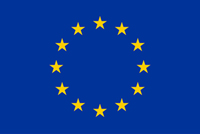

Funded by the Rights, Equality and Citizenship Programme of the European Union.
This webpage has been produced with the financial support of the ‘Rights, equality and citizenship’ Programme of the European Union. The contents of this webpage are the sole responsibility of DECSY and can in no way be taken to reflect the views of the European Commission.


